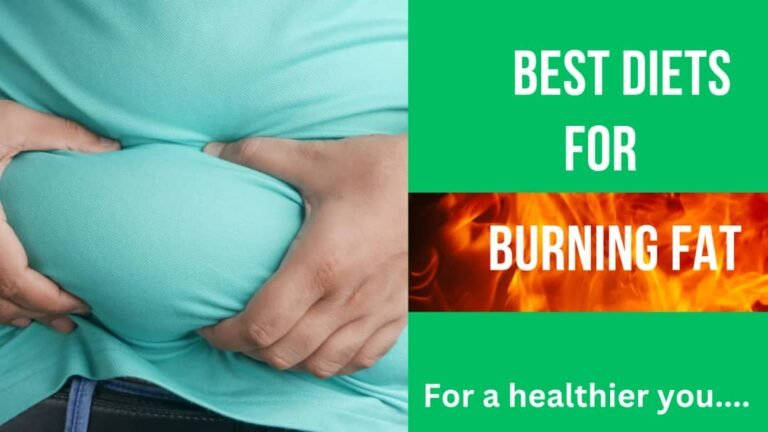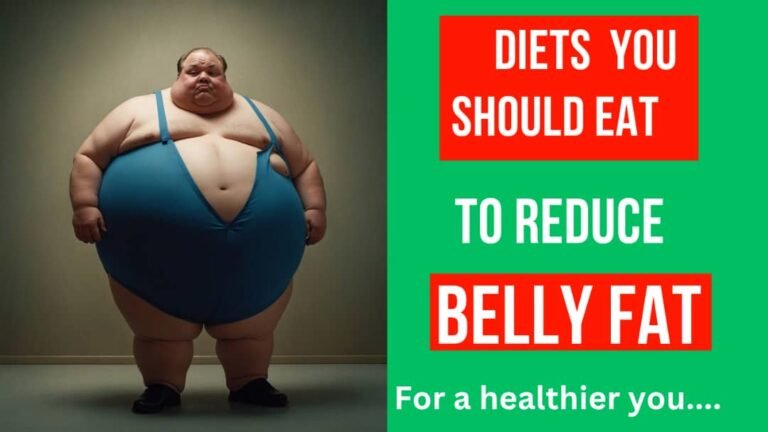What is the best keto diet plan for weight loss? The best keto diet program in which one loses weight is always the one that is uniquely tailored to your needs and set goals. It should entail whole meals, plenty of healthy fats, lean proteins, low-carb vegetables, and fruits. Further, it should be allied with frequent exercise and a big enough calorie deficit to warrant that your body burns calories more than it consumes. It is also important to pick a program that is sustainable and enjoyable so that you can adhere to it over time.
With its effectiveness in making one shed weight, the ketogenic diet has taken the attention of many in the ever-evolving world of dieting. Not all keto diets are equal, so finding the right technique is critical for getting the best results. In this article, we look at the small distinctions between the various forms of ketogenic diets to discover the best one for weight loss.
Gaining An Understanding of the Ketogenic Diet Fundamentals:
The primary principle behind the ketogenic diet is to induce a state of ketosis in the body, in which it uses fat as fuel instead of glucose. This metabolic alteration causes stored fat to break down, resulting in weight reduction. The finer features of each type of keto are found in the specific dietary restrictions and macronutrient composition, but the general concept is identical.
Standard Keto Diet (SKD):
The most common form, widely regarded as the most popular, is the Standard Keto Diet. It generally contains high fat-70-75% of the total calories, moderate protein- 20-25 %, and extremely low carbohydrates-5-10%. A high carbohydrate restriction, automatically forces the body into ketosis, resulting in fat-burning for energy. With SKD, strict carb limits can be difficult for some people to follow, but it does work well for weight loss.
Targeted Keto Diet (TKD):
TKD, a variant of the usual technique, introduces a little window for additional carbohydrate intake around exercises. This personalized strategy aims to provide an energy boost for activities to maintain ketosis throughout the day. Individual glucose tolerance and the type of activity used affect how beneficial this strategy is for persons who engage in high-intensity workouts.
cyclical Ketogenic diet(CKD):
Chronic kidney disease (CKD) is defined by weekly cycles of high- and low-carbohydrate days. The goal of this method is to preserve the benefits of ketosis on low-carb days while refilling glycogen levels on high-carb days to fuel intense exercise. Though less prevalent because of its complexity and tendency to interfere with ketosis, CKD may be suitable for athletes or persons who engage in strenuous exercise routines.
Keto Diet with High Protein:
Unlike traditional macronutrient ratios, the High-Protein Ketogenic Diet stresses protein consumption above carbohydrate and fat intake. Many people pick this choice because they wish to shed weight while maintaining muscle mass. However, striking the right balance is critical, as eating too much protein can hinder ketosis.
The Ideal Keto Diet for Losing Weight:
Personal preferences, lifestyle, and physiological responses decide which type of keto is “best” for weight loss. With its simplicity and track record of success, SKD is an excellent choice for beginners. If someone has specific dietary needs or fitness goals, TKD or CKD may be a better option.
Customization is essential when deciding on the optimal keto plan. It might be successful with a nutrition plan, which depends on many variables such as adherence, metabolic rate, and activity level. For any specific advice concerning your particular needs and objectives, consider consulting a nutritionist or healthcare professional.
Conclusion
The ketogenic diet, in its various forms, has been shown to effectively promote weight loss. SKD is an excellent beginning point, but based on their specific needs, folks can look into focused or cyclical strategies. To find the best ketogenic diet for weight loss, one must experiment, be adaptable, and have a strong understanding of one’s own body. As the field of nutrition evolves, the key to long-term and effective weight management is to adapt dietary choices to human preferences and lifestyles.






